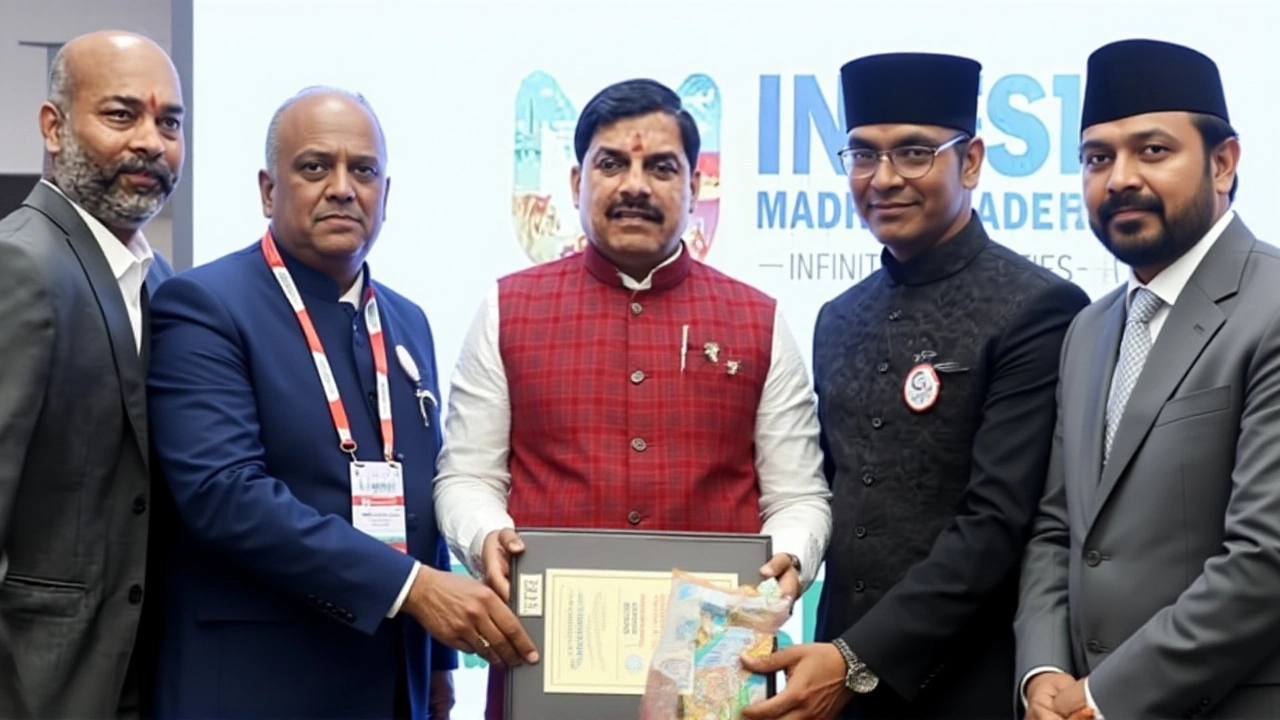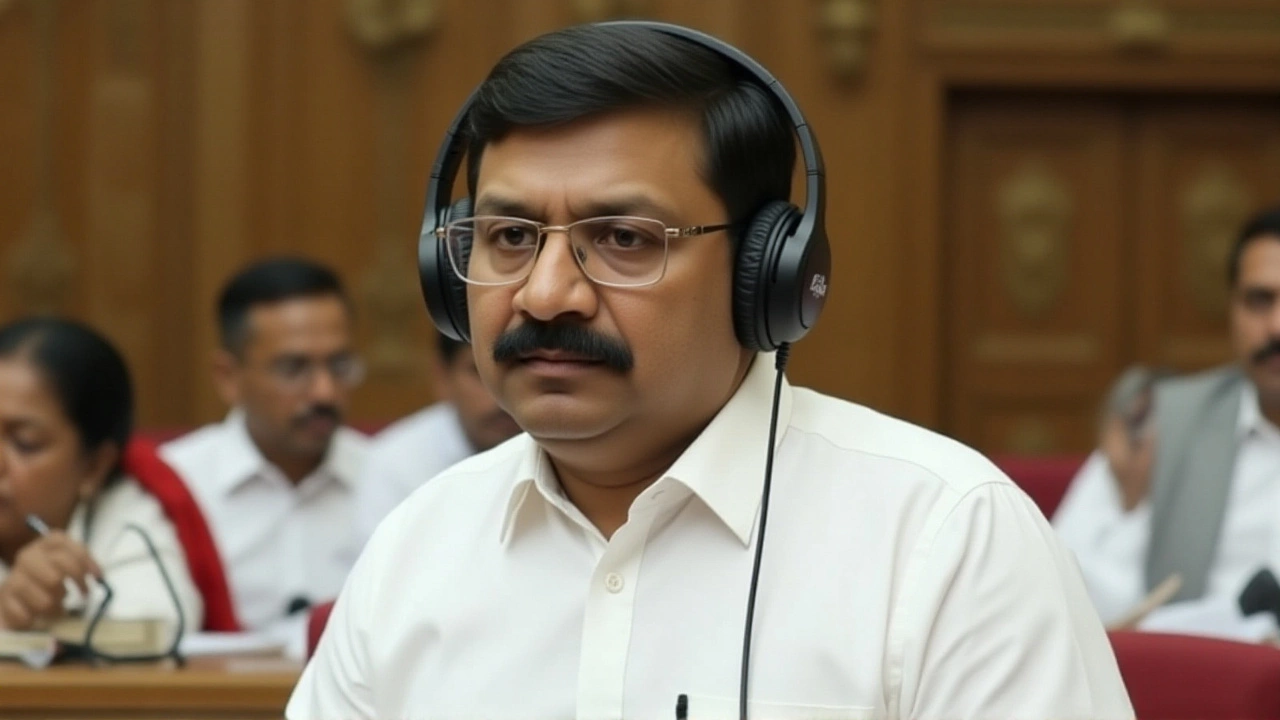When Rahul Kumar, a jewellery shop owner with a decade‑long presence in Darbhanga, was gunned down on , the city’s gold merchants community went into a tailspin.
The shock was compounded a few days later, on , when Manish Kumar Gupta, another prominent gold trader, was discovered in six dismembered pieces on the Darbhanga–Muzaffarpur highway. Both killings appear linked, stirring outrage, road blockades and a chorus of demands for tougher security.
Background: Gold Trade and Growing Risks in Darbhanga
Darbhanga, a historic hub in Bihar’s Mithila region, has long been a centre for gold buying and traditional jewellery craftsmanship. In the past five years, gold prices have surged by roughly 28 %, according to the Bihar State Chamber of Commerce. That surge, while fattening profit margins, has also attracted criminal attention.
Local police data released in March 2025 showed a 42 % rise in robberies targeting jewellery shops across the state. Experts say the high‑value, portable nature of gold makes it a prime target for organised gangs.
Details of the Two Murders
Rahul Kumar’s shop, located near the bustling Ganga Market, was riddled with bullets during a late‑evening robbery. The post‑mortem, confirmed by Bahadurpur Police Station, listed multiple gunshot wounds.
Manish Kumar Gupta’s case is eerier. He was last seen at home around 3 p.m., reportedly after a prayer meal. A neighbour recalls a brief telephone call, after which he vanished, leaving his mobile phone on the table. Within an hour, his mutilated body was found six kilometres from his residence, stripped of his gold chain and rings.
His brother, Amarnath Gupta, told reporters, “Manish never walks that distance. The lack of blood on the highway proves he was killed elsewhere and dumped to look like a hit‑and‑run.” The missing motorcycle and the absent jewellery add weight to the murder theory.
Community Response and Protests
Within hours of each killing, traders and residents converged on NH‑27, blocking traffic and chanting for justice. The blockade on the highway lasted roughly five hours before senior officials arrived.
Rajnish Raj, president of the Gold Business Association, issued a press statement demanding immediate compensation for the victims’ families, permanent security patrols, and livelihood support for widows and children. “If the culprits are not arrested swiftly, we will be forced to protest again,” he warned.
Families of both victims have also filed complaints against “unknown assailants.” Police in‑charge Pushplata Kumari of Bahadurpur station confirmed the reports and vowed thorough investigations.

Police Investigation and Official Reactions
The initial police narrative framed Manish’s death as a hit‑and‑run, but the family’s pushback prompted a reassessment. Sadar SDM Vikas Kumar arrived at the site, stating, “We will investigate every angle; the case will be solved soon.” He was accompanied by SDPO Rajiv Kumar, who oversaw the temporary lifting of the road blockade.
On the political front, Bihar minister and local MLA Sanjay Saraogi visited the post‑mortem house of Rahul Kumar, offering condolences and promising “strict action against the perpetrators.” He also ordered an increase in night patrols around the city’s jewellery districts.
Local businessman Sachin Kumar observed, “Incidents like these are happening more often. The administration must step up patrolling and install CCTV at key market points.”
Implications: Security, Economy, and the Way Forward
The twin murders have laid bare a security vacuum that could deter investors and erode consumer confidence in Bihar’s gold market. A recent survey by the Indian Institute of Criminology found that 63 % of small business owners in the region feel “unsafe” after sundown.
Economists warn that persistent violence could push gold buyers toward informal markets, potentially fueling a black‑market surge. Moreover, the lack of rapid arrests may embolden criminal networks that have already been spotted in neighboring districts of Muzaffarpur and Samastipur.
Experts suggest a multi‑pronged approach: deploying additional police units, encouraging community‑based watch groups, and using technology‑driven surveillance. “A coordinated effort between law enforcement and business associations is the only realistic path to restore confidence,” says Dr. Neha Verma, a criminology professor at Patna University.

What’s Next?
Authorities have set a 30‑day deadline to file a detailed investigation report, according to a memo circulated on . Meanwhile, the Gold Business Association plans a second march on if no arrests are made.
For the families left behind, the immediate concern remains financial survival. The state government has announced a provisional compensation package of ₹5 lakhs for each victim’s dependents, but traders argue that the amount falls short of the lost livelihood.
As Darbhanga grapples with grief and anger, the city’s next steps will likely shape the broader narrative of security for Bihar’s high‑value trade sectors.
Frequently Asked Questions
How are gold traders in Darbhanga affected by these murders?
The killings have sparked fear among merchants, leading many to halt operations after dark and demand enhanced police patrols. Sales have dipped by an estimated 12 % in the week following the incidents, according to the local traders’ union.
What steps is the Bihar government taking to improve security?
Chief Minister Nitish Kumar ordered a dedicated “Gold Trade Protection Cell” within the state police, increased night‑time patrolling on NH‑27, and promised installation of CCTV cameras at major market entrances within six weeks.
Why do experts think gold merchants are being targeted now?
Rising gold prices have made cash‑rich stores attractive to organized crime. A recent study from the Indian Institute of Criminology links the 28 % price jump over the past year to a 42 % increase in jewellery‑shop robberies across Bihar.
What legal avenues do the victims' families have?
Families can file criminal complaints against "unknown assailants," seek compensation under the Bihar Victims’ Relief Act, and request protective orders for their homes. They have also approached the State Human Rights Commission for an independent inquiry.
Will these events affect gold prices nationally?
Analysts say regional violence has a limited direct impact on national pricing, but a prolonged security crisis could tighten supply chains, potentially nudging prices up by 1‑2 % over the next quarter.

